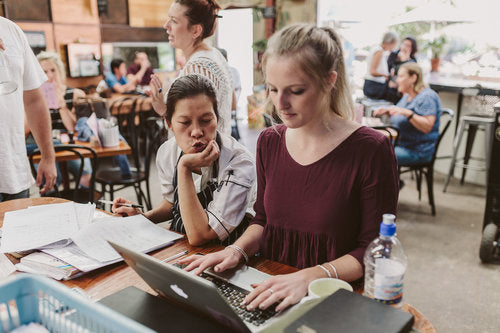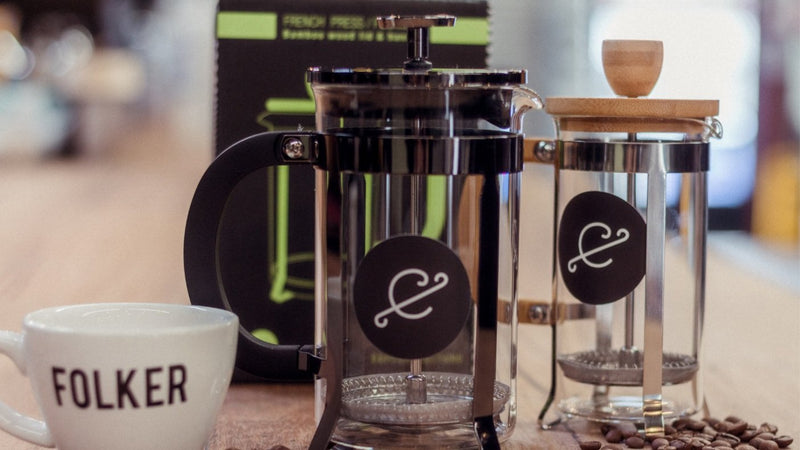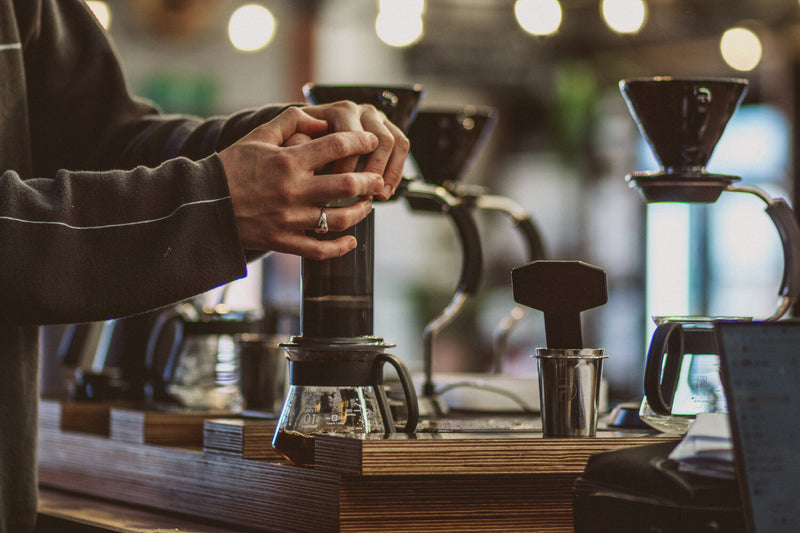This year I had the privilege of travelling with the team from First Crop Coffee to visit a number of farms in Central & South America. The purpose of the trip was to develop stronger ties to the farms we support, build relationships with the farmers, their families, and workers and to search for exciting new coffees to roast and serve at Commonfolk.

Colombia produces over 11.5 million bags of coffee annually, making it the third largest producer of coffee behind Brazil and Vietnam.
Colombia has a reputation for producing some of the finest specialty grade Arabica coffee on the market. We were hosted by veteran coffee farmer and owner of San Rafael, Carlos Arturos. Carlos was keen to show us the work he had been doing with a number of coffee farms near the town of Popoyan in the region of Cauca. As a representative of ASCAFE, a small coffee growers association in Cauca, Carlos was responsible for working with the government and national coffee association to achieve better outcomes for the region. He spent a lot of time developing strict guidelines for coffee farming and production to enhance the region’s reputation.
We visited a number of coffee farms that grow coffee for ASCAFE. Finca Guzmania is a farm run by five brothers and their families. Although we didn't purchase any coffee from the estate it was an amazing opportunity to talk to coffee farmers who had never been visited by a western roaster. The Guzman family (like many traditional Colombians) are devout Catholics and had honoured their faith by building the most stunning church on a rocky outcrop overlooking their coffee farm. We were spoiled with a traditional Colombian farmer’s banquet including tinto (a drink made of pulverised roasted coffee and panela sugar). It was one of the best meals in one of the most picturesque places I’ve ever visited.

We were aiming to spend time on Carlos’ own farm, San Rafael, but bad weather had blocked the roads so we visited his neighbours who also produced coffee for ASCAFE. We even rolled up our sleeves to help out with picking. In an hour I’d managed to pick about a quarter of what a seasoned Colombian picker would have, but I still managed to pocket 2,000 peso (about 2 USD). We saw first-hand how investment in machinery and better processing equipment can revolutionise a farm’s product capacity and improve quality. We even got to taste freshly processed coffee (served as tinto of course).
We also visited one of Popoyan’s major dry mills and had the chance to see our own coffee being processed. The immense scale of the warehouse and processing facility emphasised just how important coffee is to the local economy. The facility produces millions of bags of export quality coffee every year. Carlos also introduced us to a co-op of women farmers who were producing one of the region’s finest coffees. The investment from ASCAFE helped create the opportunity for these women to control their own finances and business. We also had a chance to meet with a local school that works closely with the indigenous youth providing them with an education, teaching them their traditions, and of course the opportunity to learn about coffee farming.
Colombia was an amazing country full of inspiring and passionate people.
The opportunity to spend time getting to know and learning from Carlos was invaluable. We’re excited to hopefully host him at Commonfolk later this year.
 Cart
Cart



